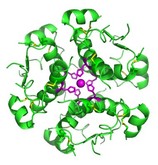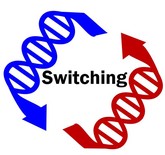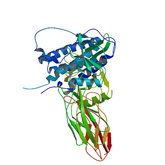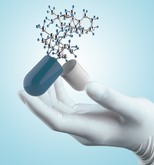Biosimilars/General
Biosimilars of insulin glargine
Last update: 27 November 2020
Insulin glargine is a long-acting basal insulin analogue, given once daily to help control the blood sugar level of those with diabetes. It consists of microcrystals that slowly release insulin, giving a long duration of action of 18 to 26 hours. Insulin glargine is indicated for the treatment of diabetes mellitus in adults, adolescents and children aged two years and above.
Alberta Biosimilars Initiative: switching policy updates in Canada
The Alberta government in Canada has announced updates to the Alberta Biosimilars Initiative.
Biosimilars of darbepoetin alfa
Last update: 20 November 2020
Darbepoetin alfa is a synthetic form of erythropoietin. It stimulates erythropoiesis (increases red blood cell levels) and is used to treat anaemia, commonly associated with chronic renal failure and cancer chemotherapy.
Biosimilar advances for Celltrion Healthcare
South Korea-based biotechnology company Celltrion Healthcare announced advances related to their infliximab, omalizumab and adalimumab biosimilars.
GBMA publishes information resources on biosimilars for consumers and carers
The Generic and Biosimilar Medicines Association (GBMA), the representative body of generic and biosimilar medicine suppliers in Australia, has recently published information resources for consumers and carers on biosimilars.
Biosimilars applications under review by EMA – July 2020
The European Medicines Agency (EMA) is the body responsible for approval of biosimilars within the European Union (EU). A legal framework for approving biosimilars was established in 2003. Approval of biosimilars is based on an abbreviated registration process, which allows biosimilars manufacturers to provide a reduced package of information compared to originator drugs, provided they can prove ‘similarity’ to the originator or reference drug.
International Psoriasis Council releases consensus statement on biosimilars
The International Psoriasis Council (IPC) Biosimilar Working Group (BSWG) published their consensus statements for the use of biosimilars in the treatment of patients with psoriasis [1].
Australian diabetes organizations issue biosimilars position statement
In June 2020, the Australian Diabetes Society, Australian Diabetes Educators Association and Diabetes Australia, published a position statement on the use of biosimilar ‘insulins’ for diabetes.
Sustainable market scorecard represents gold-standard for biosimilar sustainability
IQVIA Institute and Medicines for Europe have recently launched Country Scorecards for Biosimilar Sustainability in 12 European countries [1]. The scorecards assess the level of competition, price evolution and volume development for seven key biological molecules – adalimumab, etanercept, infliximab, insulin glargine, insulin lispro, rituximab and trastuzumab – in each country. They also present a sustainability assessment and detail positive policy elements, challenges and solutions for each country.
FDA updates Purple Book database
The US Food and Drug Administration (FDA) has updated its searchable Purple Book database to include allergenic, cellular and gene therapy, haematologic and vaccine products.













